Berlin Film Festival 2016: Anna Zohra Berrached talks about 24 Wochen (24 Weeks)
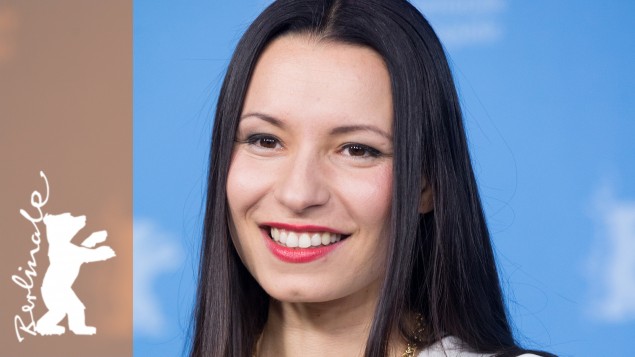
Fresh from studying directing at the prestigious Baden-Wurttemburg Film Academy, Anna Zohra Berrached has quickly grabbed critics’ attention as an emerging talent. Her first feature, 24 Wochen (24 Weeks), has been selected as part of the competition at this years Berlinale. It tells the story of Astrid, a popular comedian who is expecting her second child with her husband and manager, Markus (Bjarne Mädel). However, once the couple find out that the baby will be born with Down Syndrome, they are given the arduous choice of either keeping it or undergoing a late term abortion. We got the chance to sit down and talk with her about the process behind the film.
A lot of people are calling the ending controversial, could you maybe talk about what led you to decision to recreate the abortion scene?
I wanted to show what really happens. We always see the baby in the womb, the echographs, the heartbeat, what the head is like, what is the gender, is it healthy or not? The earlier we can see that the better, but we don’t talk about the result of what we find. If were going to have a moral, ethical decision to make and we should talk about that. I think everyone should have the choice but we should talk about what lead us to this choice and not shy away from it, no matter how unpleasant.
It’s interesting how the characters are divided on that choice. Did you find in your research that most men wanted to keep the child and most women were more doubtful or vice versa?
No, I can’t say that. It varies, from case to case. I don’t know whether men are more likely to want to keep the baby. I was concerned with who is the main character and in this film it is most certainly the woman because all my protagonists are women. It is easier for me to identify and I have a connection as a woman.
Going back to the research you just talked about, how did the script evolve as you were researching and talking to people. How did the narrative come about?
First of all, I started by myself, researching on the Internet. I always start this way. With this topic, the easiest people to find were the medical people, because they are confronted with this topic in their daily lives. It affects them directly. If you want them to kill a baby with a needle, it affects them. They want to talk about it. Also, the midwives, it affects them and they want to discuss it too. Lastly, I wanted to find women who had undergone the procedure. I went through countless Internet forums and found lots of people. It was a struggle, they were difficult to reach and didn’t want to share their story but finally I found some people. I met up with them and had some long talks, four or five hours, sitting in some cafes, crying and holding hands. This was how we talked and I went to my script writer who would listen to it and little stories and dialogue would come out of the conversations and go directly into the script, verbatim. We wrote the script for over a year and a half and as soon as I went to shoot the film, I treated the script like a blueprint . I didn’t want to take it too serious. We worked on the script for a year and half and now we have a new situation, we have the actors and they can add something to it because they have personalities and memories and ideas. I wanted to involve them in the whole process. I wanted the film to be spontaneous, the actors should work on instinct. Sometimes, I took Bjarne Madel (who plays the husband, Markus) aside sometimes and gave him a new line and then we’d go back and see Julia’s [Jentsch] new reaction. As soon as she reacts, she is out of her comfort zone. Then it’s interesting.
There are two moments where Astrid looks directly into the camera. What was your thinking behind these moments?
Of course, you should have your own interpretation about it. I thought of two things: first of all, it is important for the viewers to ask themselves “what would I do if I were in that situation?”. I wanted the main character to force them to that question. I also thought about the guilty conscience, to her alter ego. She’s asking herself: “Can I do this?”. I thought it would be powerful, especially with the extreme close up. The big fat face with the big eyes looking out at us.
Can you talk a little about the church scene, where Astrid goes to contemplate the issue from a religious point of view?
I thought everyone was going to ask me about this but you are the first. Religion plays an important role in the late abortion topic because as soon as you have a religion that you belong to. You have a set of rules that dictate what you should do in this situation and it is comforting. People without religion don’t have that, they need to find their own moral, ethical rules. This is the difficult part. In the church scene, for me, she makes her decision there and nowhere else. She is deliberating up until that point. There is always the desire of keeping the child in every woman, but still there is so much fear and she can’t do it. She goes to the church and makes her decision and God can’t say no or stop her.
Sean Gallen
Read our review of 24 Wochen (24 Weeks) here.
Read more of our reviews and interviews from the festival here.
For further information about Berlin Film Festival 2016 visit here.


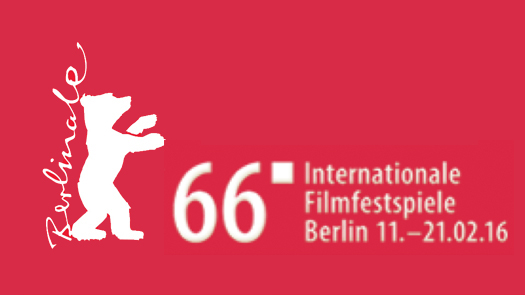











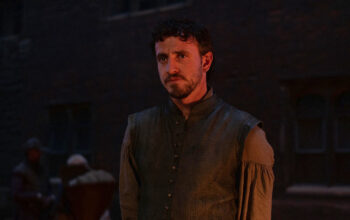
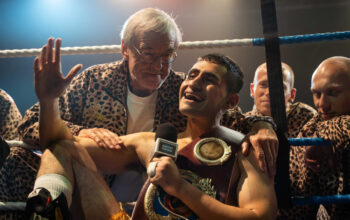

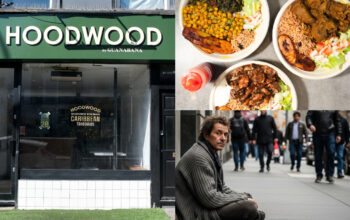



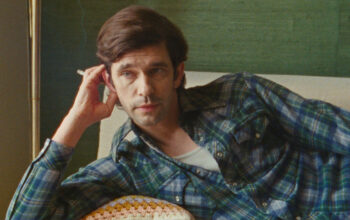
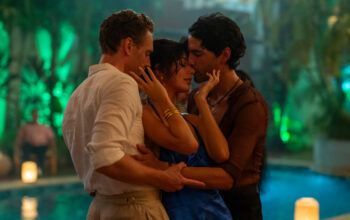
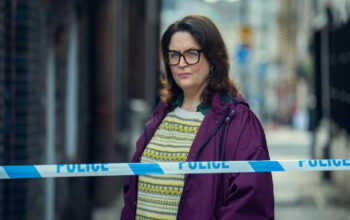
Facebook
Twitter
Instagram
YouTube
RSS